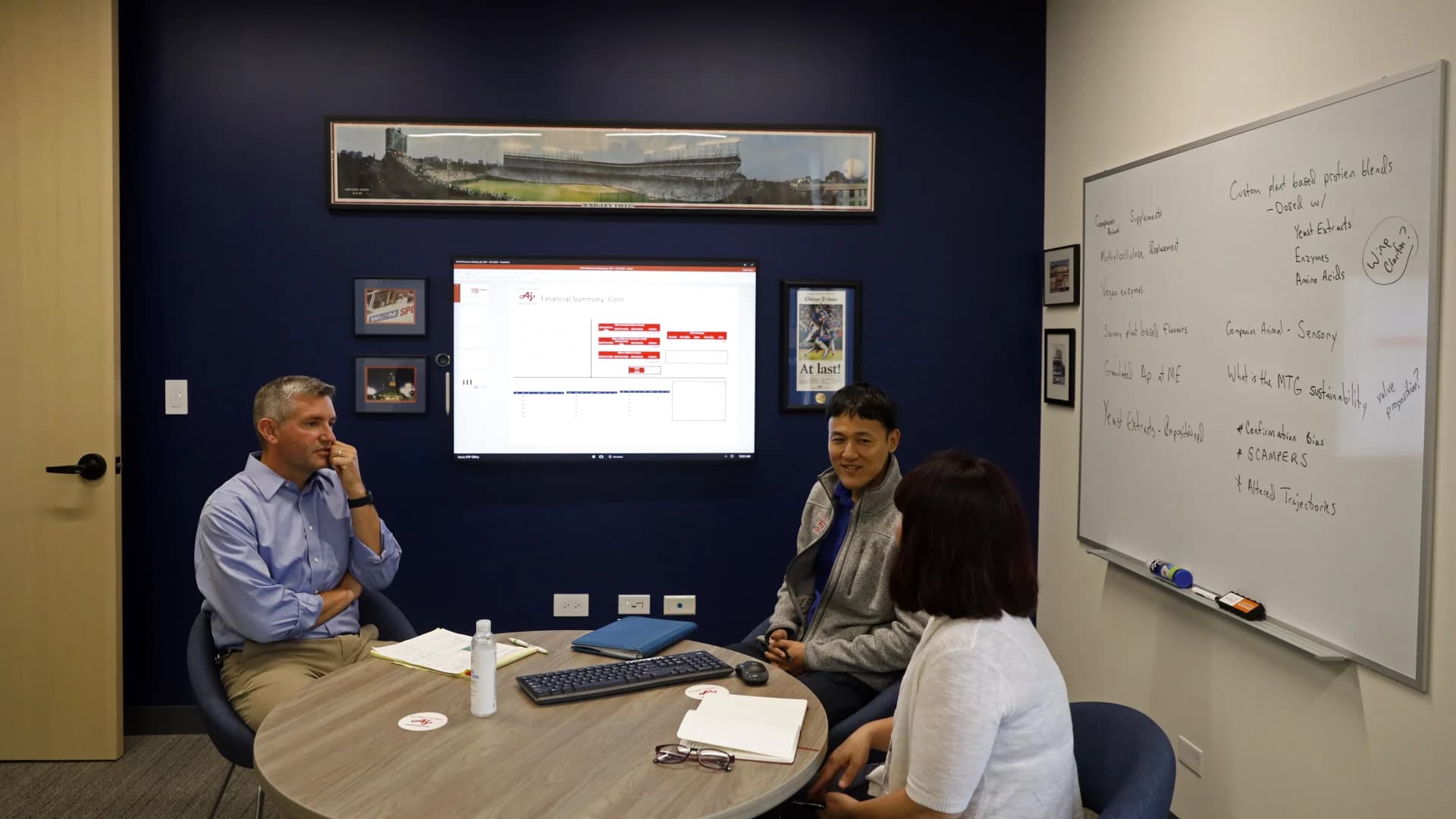More Stories

Are you returning back to the office, and getting ready to show off your multitasking skills acquired while homeschooling and working from home?
You may be surprised to learn that studies have recently shown that doing more than one task at a time, especially more than one complex task, takes a toll on productivity.
Here are some things to know about multitasking, and how to tackle your tasks instead:
1. The effects on your productivity
Oftentimes, whether it’s at work or at home, we’ll try to tackle a long list of to-dos by multitasking. While it may not seem difficult, it turns out your attempts to knock out several tasks at once could have an adverse effect on your productivity. Researchers recently discovered that switching between tasks made it more difficult to ignore distractions and increased the amount of time taken to complete tasks, especially as the tasks got more and more complex.
2. The effects on your work
Not only can multitasking impact how efficiently you complete tasks, but it can also impact the quality of your work itself. When we tackle a to-do list, the best way to do so is by enveloping ourselves in the work. The best quality work will be achieved when we are deeply engaged in the task. The constant switching between things can interrupt that engagement, forcing us to lose concentration and thus, quality. Do this exercise to see how switching tasks affects your work.
3. The effects on your brain
The truth is, we all multitask, whether we realize it or not. When we watch TV, it’s a reflex for many to pick up their phone and scroll through social media or send out some texts. When we make a meal, we might also be watching our pets, scrubbing the dishes, or reorganizing the pantry. Though this kind of multitasking seems harmless, it can negatively affect how our brain works by asking it to constantly switch between several tasks. In fact, a recent study found that regular multitasking can cause your brain to lower its ability to empathize and have both cognitive and emotional control. Read more here about how multitasking affects your brain.
4. What to do instead of multitasking
The effects of multitasking on your brain, productivity and work can be reversed, however, it requires that you make a conscious effort to reduce how often you multitask. Instead of trying to tackle several to-dos at once, practice singular focus. Choose one task and try to reduce the distractions around you so you can give it your undivided attention. Turn off devices and if you enjoy listening to music while you work, opt for songs that don’t include lyrics, which are a proven distraction. If you must multitask, limit it to just two tasks at a time and try to pair them properly. For example, physical and mental activities go together well, as your brain can often perform the physical activity on ‘autopilot’, allowing you to devote more mental energy towards the other task.
More from News 12
1:33

Light snow expected tonight, slippery conditions early Monday
0:23

Underage driver faces multiple charges in Nassau County car theft
0:29

DWI suspect seriously injures passenger in East Moriches crash
1:00

Kings Park Marching Band and parent association seek answers after Orlando flight is canceled
1:07

Lawrence man arrested in crossbow attack that injured woman
0:58
